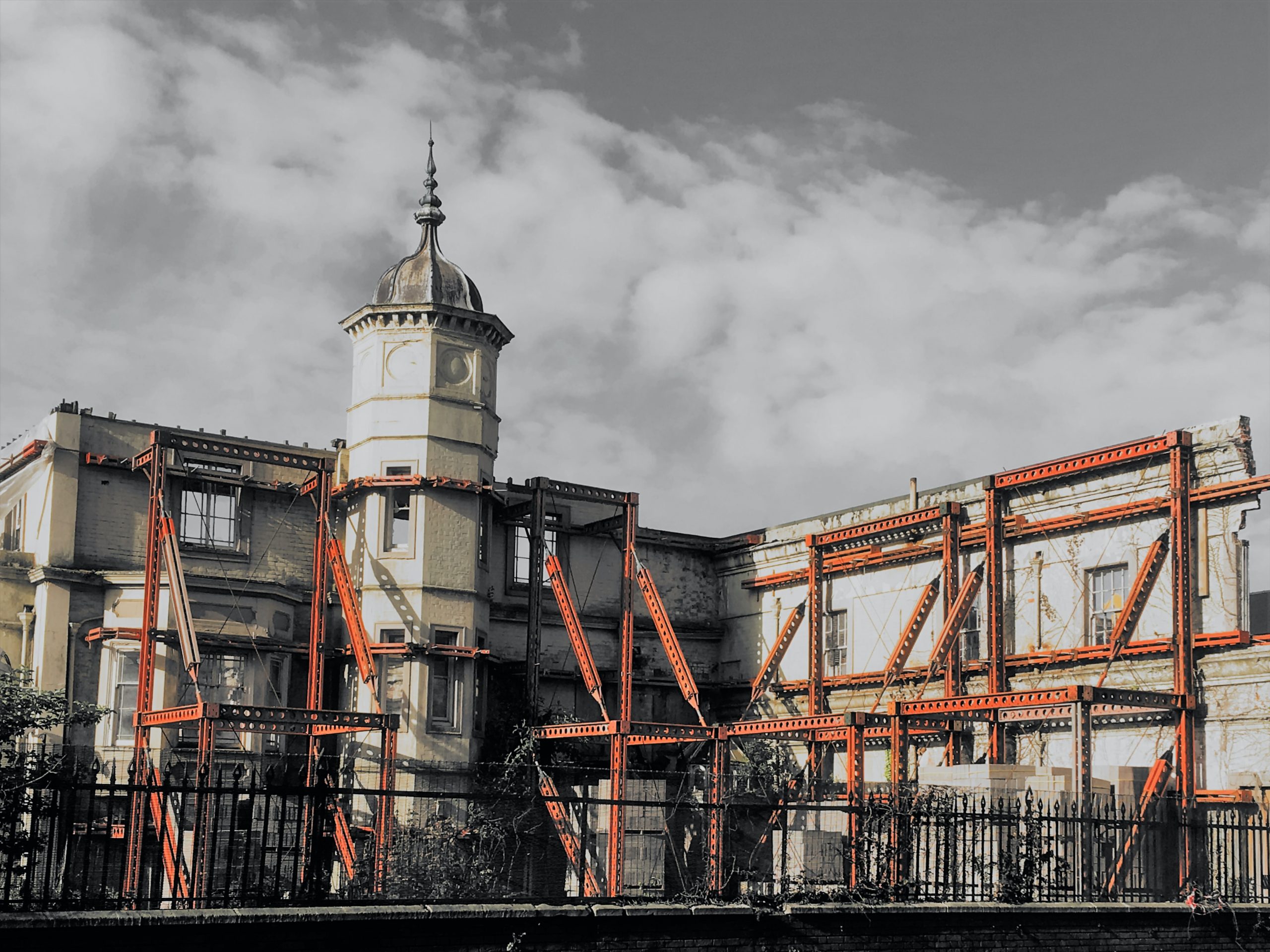Existing Buildings – Retrofit

The UK building stock is vast, with England and Wales alone accounting for close to 27 million dwellings and 2 million non-residential buildings (as of 2022). This stock is also incredibly variable, with a significant proportion of existing buildings in need of retrofitting to improve quality and to bring them in line with UK net zero targets.
Retrofitting to improve energy efficiency can be complex, and each project requires a bespoke approach to ensure the condition of the existing building is appropriately considered and that unforeseen consequences do not arise. Onboarding a consultant who can transverse these practical challenges whilst understanding the increasing complexities of energy and sustainability standards will bring significant benefits to project outcomes. We apply our expertise in the following ways:
- By assessing and advising on known risks to refurbishment projects (such as condensation analysis and plant spatial strategies)
- By understanding and translating the technical obligations on your project (such as Part L, BREEAM, planning and building/warranty conditions)
- By appreciating the whole building lifecycle. Retrofit projects can present significant embodied carbon savings, but this needs balancing with operational emissions which can exceed new build development
- By bringing in our comprehensive knowledge of wider sustainability issues (such as water efficiency, emerging technologies, and climate adaption)
An increasing number of domestic retrofit projects are also aligning with the PAS 2035 framework, designed to prevent the poor outcomes which has dogged some retrofit projects in the past. Our team have undergone training with the Retrofit Academy for the retrofit co-ordinator role. We can guide your project step by step through this evolving standard.
As qualified Passive House consultants, we can also guide projects through the EnerPHit standard.